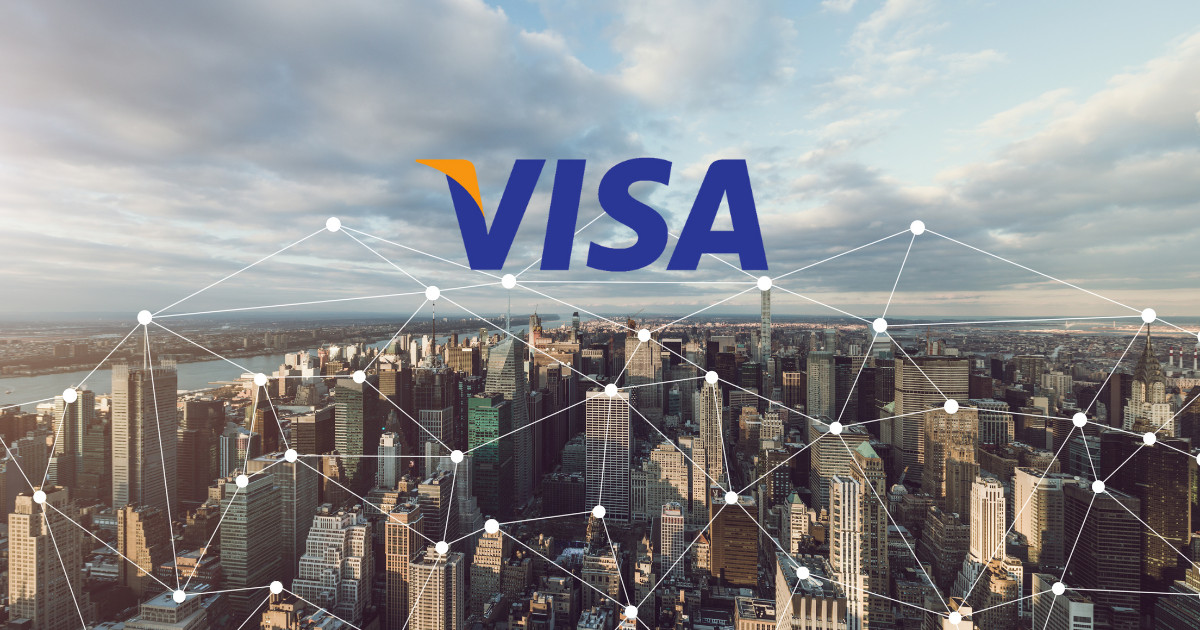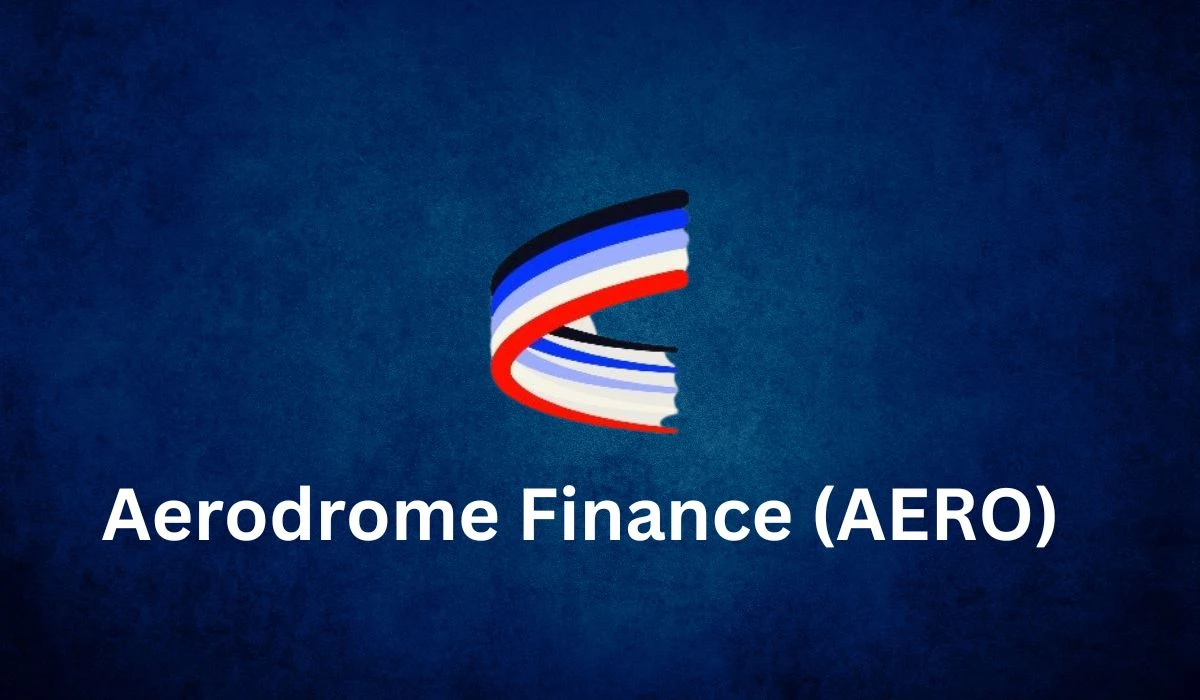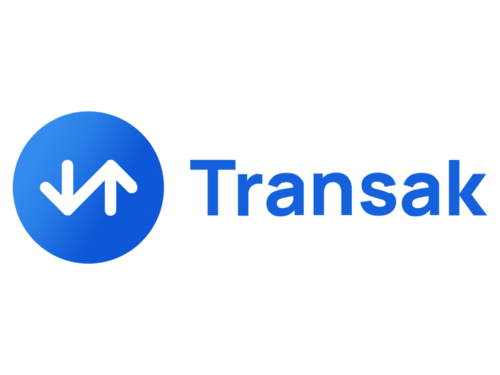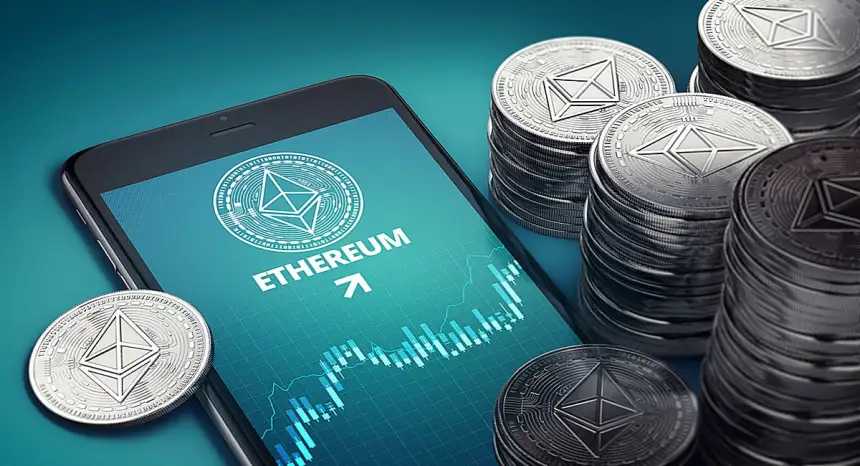In the sandbox phase, Visa unveiled a tokenized asset platform for managing and issuing digital assets, such as CBDCs and stablecoins.
Visa unveiled the Visa Tokenized Asset Platform (VTAP), which enables the issuance and administration of digital assets.
The massive financial services company unveiled the VTAP on October 3. It said that it is designed to accommodate a variety of tokenized assets, such as central bank digital currencies (CBDCs) and stablecoins.
As per Visa, the VTAP is presently undergoing testing of its main functionalities by participants, such as Banco Bilbao Vizcaya Argentaria (BBVA), during its sandbox phase.
The digital asset project by Visa
The platform will serve institutional investors and central banks by offering end-to-end infrastructure for safely minting, transferring, and settling digital assets across public and permissioned blockchains.
The worldwide head of innovation and digital partnerships at Visa, Vanessa Colella, stated:
“We’re excited to leverage our experience with tokenization to help banks integrate blockchain technologies into their operations.”
VTAP is a technology banks may use to automate and digitize procedures, thereby “powering the exchange of new types of real-world assets in the future.”
The company provided an example of how a bank uses intelligent contracts and fiat-backed tokens to automate the administration of complicated credit lines and issue payments when terms are fulfilled.
It also provided an additional illustration:
“A bank could also enable their customers to use a fiat-backed token to purchase tokenized commodities or tokenized treasuries with near-real-time settlement onchain.”
Using the public Ethereum blockchain, the financial services behemoth intends to introduce VTAP in a live experimental phase with a limited number of consumers in 2025.
Blockchain in the banking industry
Visa’s ambition for the platform includes interoperability across many blockchains as a critical component:
“With a single API connection to VTAP, in the future, banks can enable multiple use cases and interact with partners and clients on both permissioned and public blockchains.”
Visa, one of the principal actors in traditional banking, presents VTAP as a link between decentralized and conventional money. Participating banks can access the features in an “always on and more efficient” fashion because it offers little technical integration.
However, US authorities are keeping a close eye on Visa. The Department of Justice (DOJ) launched an antitrust lawsuit against the business on September 24, alleging it was running a monopoly on debit payments.
According to the DOJ, Visa employs contracts of exclusivity and the threat of fines on suppliers to ensure rivals don’t take market share.
Two days later, Visa and Mastercard were accused of acting as a duopoly to stifle competition in the debit and credit card payments industry in a report published by consumer advocacy group Accountabe.US.



